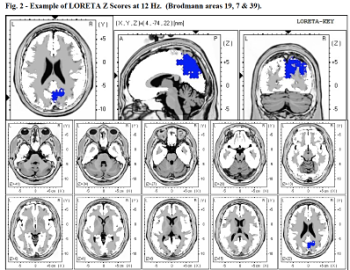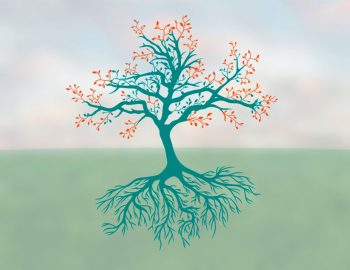Memory Disorders and Dementia

What are Memory Disorders and Dementia?
Simply forgetting someone’s name and recalling it later or forgetting where you left your keys is perfectly normal. However, if you begin to notice that your memory is declining more rapidly, along with reasoning, judgment, social interactions, and personal relationships, then we recommend seeking professional advice. What are Memory Disorders? Memory is the retention and recollection of ideas, experiences, thoughts, and feelings over time. As part of the normal aging process, our cognitive ability and memory can decline. More serious Memory Disorders include Alzheimer’s disease, dementia, vascular cognitive impairment (narrowing of the arteries that provide blood flow to the brain) and hydrocephalus (accumulation of fluid in the brain).
Symptoms of Memory Disorders
- Memory loss
- Lack of coordination and low functioning motor functions
- Confusion and disorientation
- Personality changes
- Depression and/or anxiety
- Paranoia
- Hallucinations
- Difficulties problem solving and reasoning
- Difficulties in planning and organizing
- Difficulties in communication and finding words
- Inappropriate behavior
Start your mental health journey!
Memory Disorders and Dementia
- Mild Cognitive Impairment (MCI)
- Vascular Cognitive Impairment
- Dementia with Lewy Bodies (DLB)
- Frontotemporal Dementia
- Alzheimer’s Disease
- age
- trauma
- substance abuse and exposure to neurotoxins
- vitamin deficiencies, poor nutrition
- traumatic brain injury, brain tumors
- cardiovascular disease, heart attack/stroke
- Parkinson’s disease, Cancer
- untreated infections and metabolic abnormalities
- heredity (genes associated with Huntington’s or Alzheimer’s disease)
There is no single cause that results in memory loss or other forms of cognitive difficulties, but rather they are a result from a combination of genetic and environmental factors.
Dementia is a descriptive term rather than a diagnosis. It’s the umbrella term associated with memory loss and other cognitive abilities that interfere with daily activities. People with dementia experience a deterioration in their cognitive function beyond normal aging memory impairments. Dementia results from a number of diseases and or injuries that are related to the brain, such as strokes or Alzheimer’s disease. As a progressive disease, Dementia becomes worse over time. The basic three stages may last from months to years.
Early Stage:
- Losing track of time
- Forgetfulness
- Becoming lost in familiar places
- Mild confusion
- Able to handle most tasks without assistance
Middle Stage:
- Becoming forgetful of recent events and people’s names
- Behavioral changes, becoming moody
- Becoming lost at home
- More difficulties in communicating
- May need personal assistance or care
Late Stage:
- Unaware of time and or place
- Difficulty recognizing friends or family
- Difficulty with movement
- Increased behavior change
- Requiring assistance with all aspects of daily life
How we can help?
Although we don’t have a cure for dementia, Elumind can help with alternative therapies that work to improve the quality of life and cognitive function for those challenged by dementia. Neurofeedback can help by strengthening the neural connections and maximizing the function of the healthy parts of the brain. Functional Medicine promotes cognitive well-being through restoring balance to the brain, hormones, nutrition and diet, and reduces inflammation in the body and improving circulation. Psychotherapy helps to teach our clients to develop other compensatory strategies for their lapses in memory loss or cognitive decline.

Neurofeedback
Discover how neurofeedback training can improve your cognitive function and optimize your brain.

Psychotherapy / Counselling
Learn how to improve your life with the help of trained psychotherapists through approaches including EMDR, Clinical Hypnosis, Cognitive Behavioral Therapy, and more.

Functional Medicine
Discover how functional medicine can restore your health through a holistic (whole mind/body) approach.



